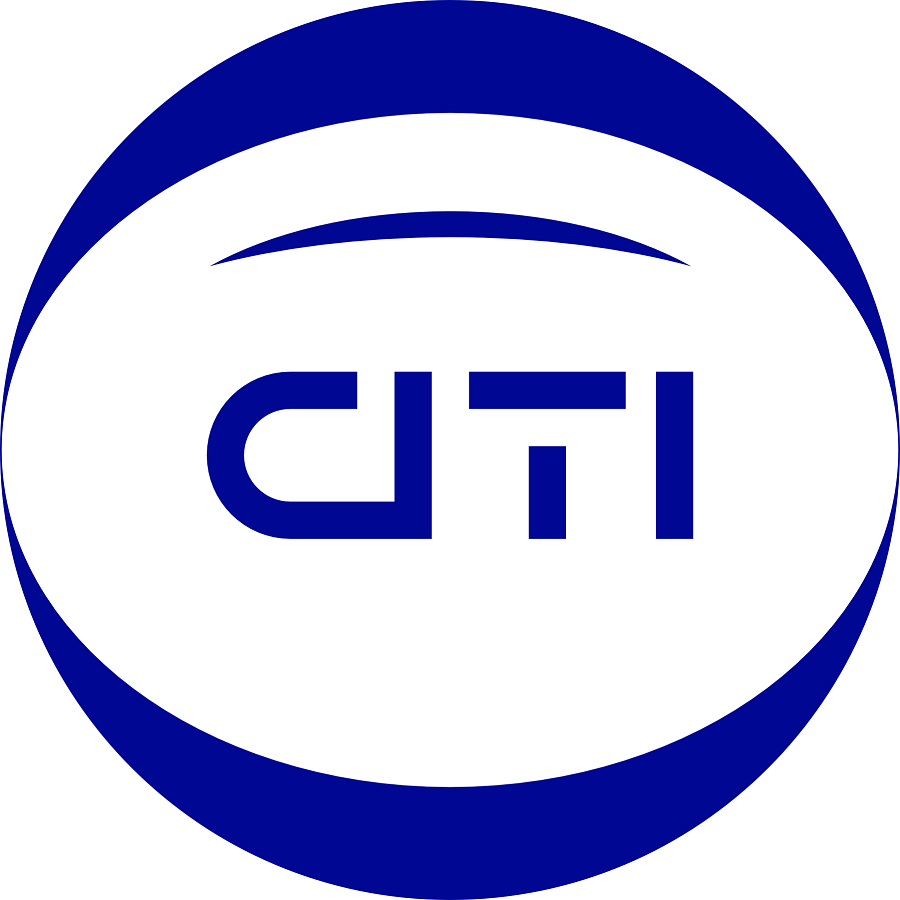PIPESIM-Applied Production and Facilities Engineering-Fundamentals
In Reservoir and Production TechnologiesAbout this course
This course covers the fundamentals or reservoir, production engineering. Participants will learn production engineering based on the application of qualitative as well as applied analytical techniques.
Learning Outcomes;
Key production and facilities engineering concepts such as well modelling, well production optimization, nodal analysis, sensitivity analysis, artificial lift system modelling, well completion methods, reservoir inflow performance, vertical lift performance, flow correlations in different types of wells will be technically covered.
One third of the course will be “practicals and projects", which includes exercises, and group discussions using Pipesim software. Participants will be given a brief introduction to petroleum production engineering as the course and what they can expect. During this day fundamentals of reservoir deliverability and fluid flow through the near wellbore zone and factors the affect its deliverability will be discussed. Participants will also be introduced to Darcy’s Law, vogels equations as the modes to use while predicting flow through both saturated and undersaturated reservoirs.
Participants will learn how to do PVT matching to determine the best flow corrections of fluids flow in the wellbore/. They will also be discussing the principles of well testing during this day. Participants will also learn about the field development plan and how to achieve the production profiles of the field.
Fluid compositional modelling, forecasting and prediction of the production life cycle of the well. Key facilities engineering concepts such as surface facilities modelling, pressure drop calculations, fluid flow assurance, pigging process, field modelling and field forecasting and prediction of its production life cycle will be discussed technically.
Contents
- Petroleum reservoir Geology
- Rock and Fluid Properties
- Reservoir modelling and simulation
- Reservoir and well deliverability
- History and PVT matching
- Fluid compositional modelling
- Well modelling and production optimization
- Artificial lift system modelling
- Surface facilities modelling
- Field production performance analysis
- Case study and Project on field development
Audience:
Course is designed for production and facilities engineers, Petrophysicists working in the oil and gas industry. Other students and professionals pursuing engineering, applied math and other natural and physical sciences are encouraged to apply.
Total Duration:
PDHs: 25 Hours (2.5 CEUs)- 2 weeks
Comments (0)
the









